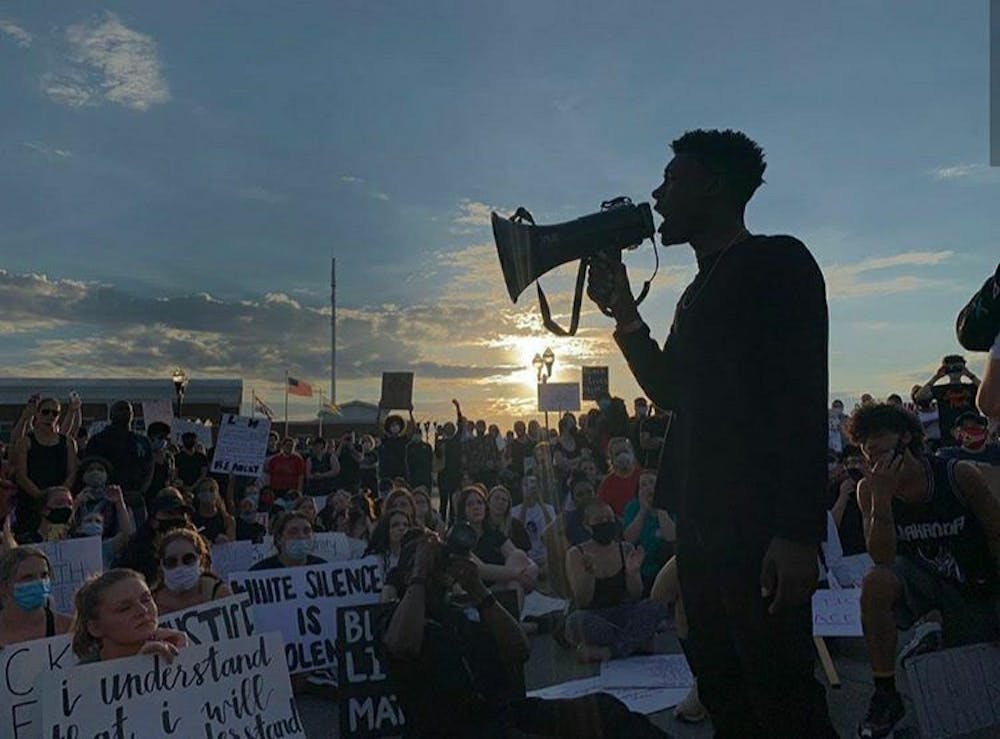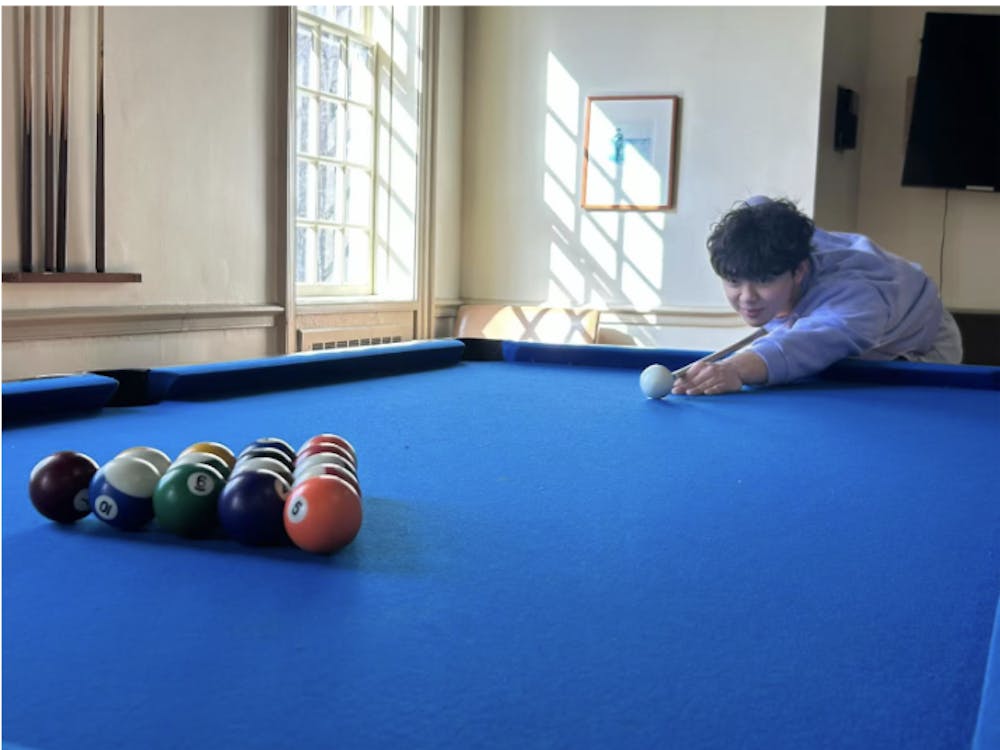I went to a protest earlier this month. I proudly held up a hand-painted sign as I joined the chorus of anguished cries and marched with 2000 other members of my community. I was impressed by the turnout, especially in my very white suburban Missouri town. As one of the few people of color in my community, I grew up feeling isolated and unknown, but as I heard my friends and neighbors proclaim, “Black lives matter!” I felt something new. I felt seen and heard and wanted. Knowing that communities across the nation were chanting the same thing, I was filled with hope. Maybe my people really are important to this country. Maybe Black lives really do matter to white America.
I hope that’s the case, but I’m not sure. I’m not sure because I’m hearing people tell me Black lives matter to them, but that’s not what I have seen.
If Black lives really matter in this country, why are there so few Black leaders, not just in public office but in influential positions in any field? Why don’t I have any Black doctors to mentor me? Why have I never had a Black teacher or professor?
If Black lives really matter, why are American prisons overrun with Black men serving time for crimes white men were able to atone for with community service? If Black lives really matter, why have so many white people shown me “support” by telling me that they don’t see my color, that they don’t see my struggle, my culture, my history or me? If Black lives really matter, why do we only talk about them after Black deaths?
In 2014, mere miles away from my community, Michael Brown was murdered in Ferguson, Mo., I heard “Black lives matter!” echo throughout my city. But those shouts turned to whispers within a few weeks as the story became old news. In 2018, I moved to Baltimore, a city that had also yelled “Black lives matter!” after Freddie Gray was slaughtered, but I found that those cries had long since been silenced without engendering any real change or justice. The media had moved on to other stories, despite the continued oppression of people of color throughout the city.
The problem is that Black lives don’t really matter to white America. Black deaths matter to white America, or, more correctly, some Black deaths matter to white America. The thousands of Black people dying from coronavirus at disproportionate rates don’t seem to matter and are barely worth a wistful sigh or mournful head shake. The 167 Black people who died from violence in Baltimore last year don’t seem to matter. I haven’t seen the protests for Aulsyn Anderson, Ralston Anderson or Ronald Carroll — all of whom died fewer than three miles from Homewood campus.
The reason the general public ignores these tragedies is the same reason Derek Chauvin thought it was okay to kneel on George Floyd’s throat. Systemic racism has infiltrated our society to the point where we don’t acknowledge or even care about Black people’s suffering unless we’re confronted with a video depicting unbridled bigotry and hideous injustice so blatant that it can’t be ignored (at least not without posting a Black square on Instagram with the #BLM tag, of course).
I guess that’s it, then. Some Black deaths matter.
Well, that’s not good enough for me. And it’s not good enough for my brothers and sisters who are sick and tired of not being seen. We do matter and if any of our white allies agree that we have worth and purpose and beauty, then they had better start acting like it.
That means listening to Black voices and amplifying their messages. That means hearing our stories and not rewriting the narrative into some self-righteous white savior tale. That means seeing us and seeking us. White people, you need to start actively incorporating Black voices into your conversations. Start intentionally searching for the diverse opinions and experiences people of color have to offer. We deserve to be heard. More than that, we need to be heard.
It’s not enough to not be racist. Racism is the norm, and any actions that are not intently and intentionally working to dismantle our country’s systemic white supremacy are complying with it. Silence is not an option, because if you are not actively anti-racist, you are racist. If you really think that my voice matters, that my life matters, that my people’s lives matter, then help us fight for them. Not just now — when there’s nothing better to do in quarantine — but in a month from now, when the media has moved on and the next big news is that a Kardashian is pregnant. You might forget about this, but we won’t. We don’t have the luxury of forgetting.
The fight for civil rights didn’t begin or end in the 1960s. It began centuries ago and isn’t close to ending. We are still fighting for the right to run, the right to breathe and the right to matter. We have been fighting since the beginning, and we will not stop until the battle is won. We will not be silenced.
Kennedy O. Onuoha is a rising junior from O'Fallon, MO double majoring in Molecular and Cellular Biology and Psychology with a minor in English. She is a member of the Black Student Union and is the treasurer for Knotty By Nature.

















